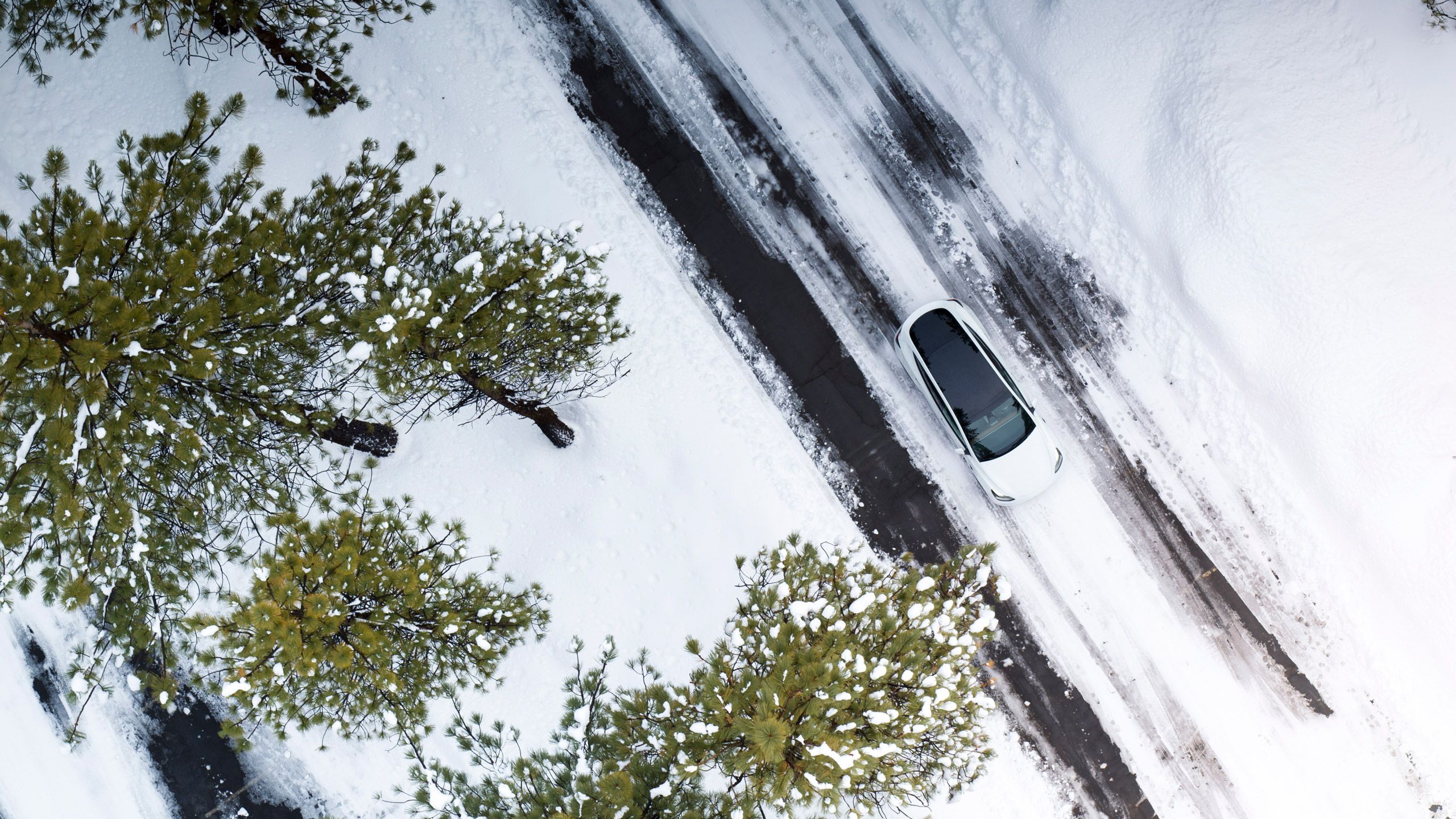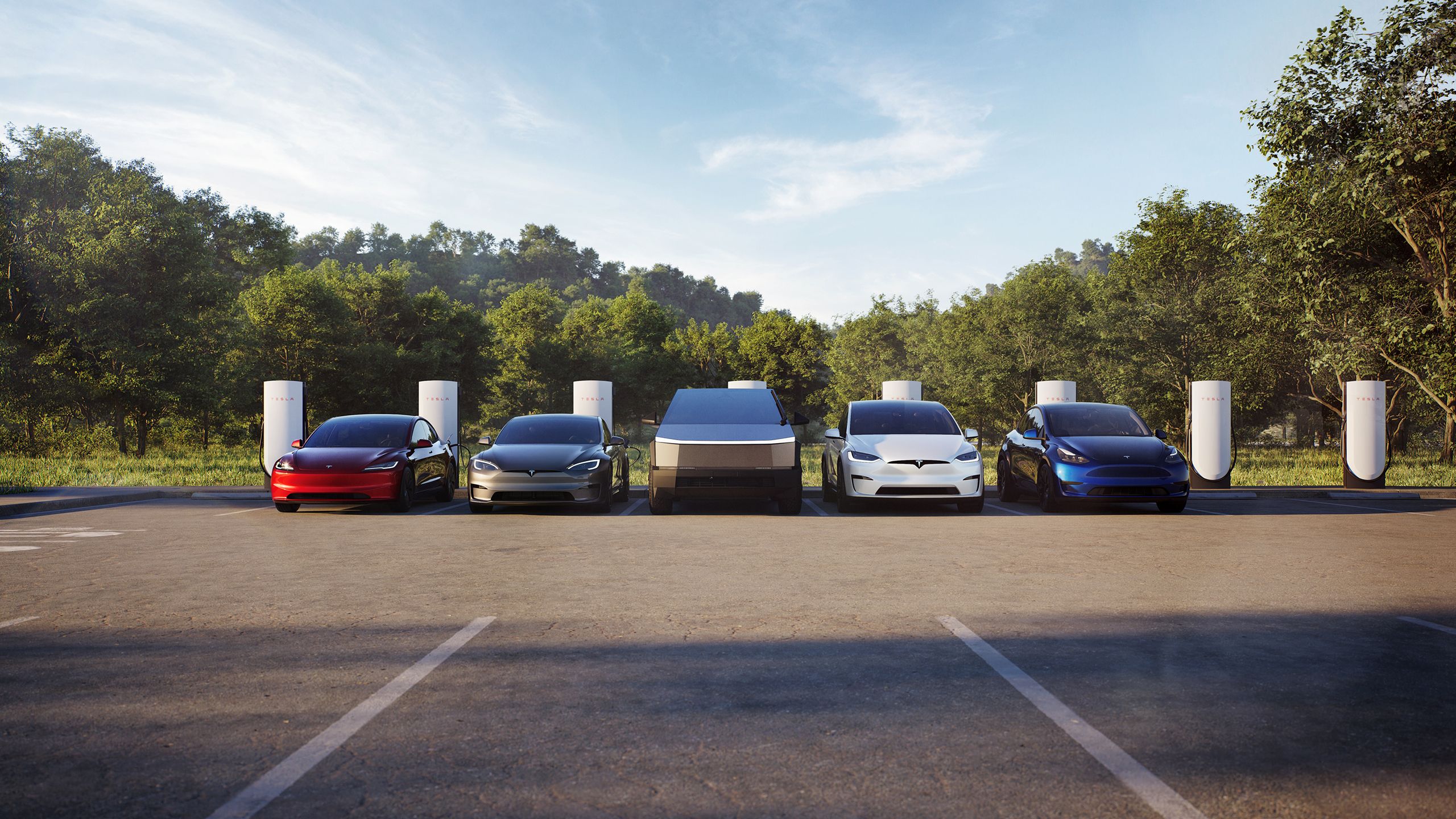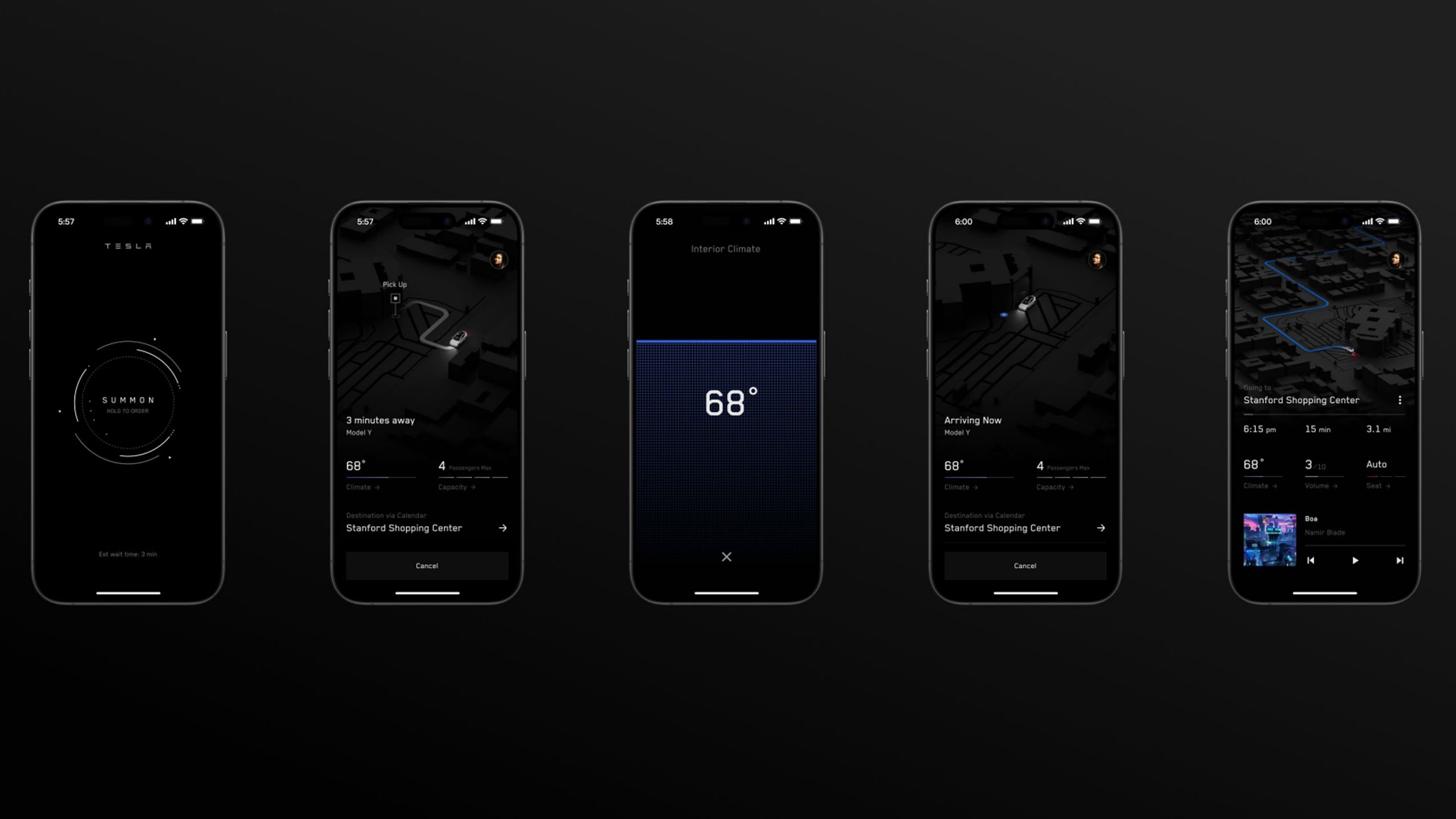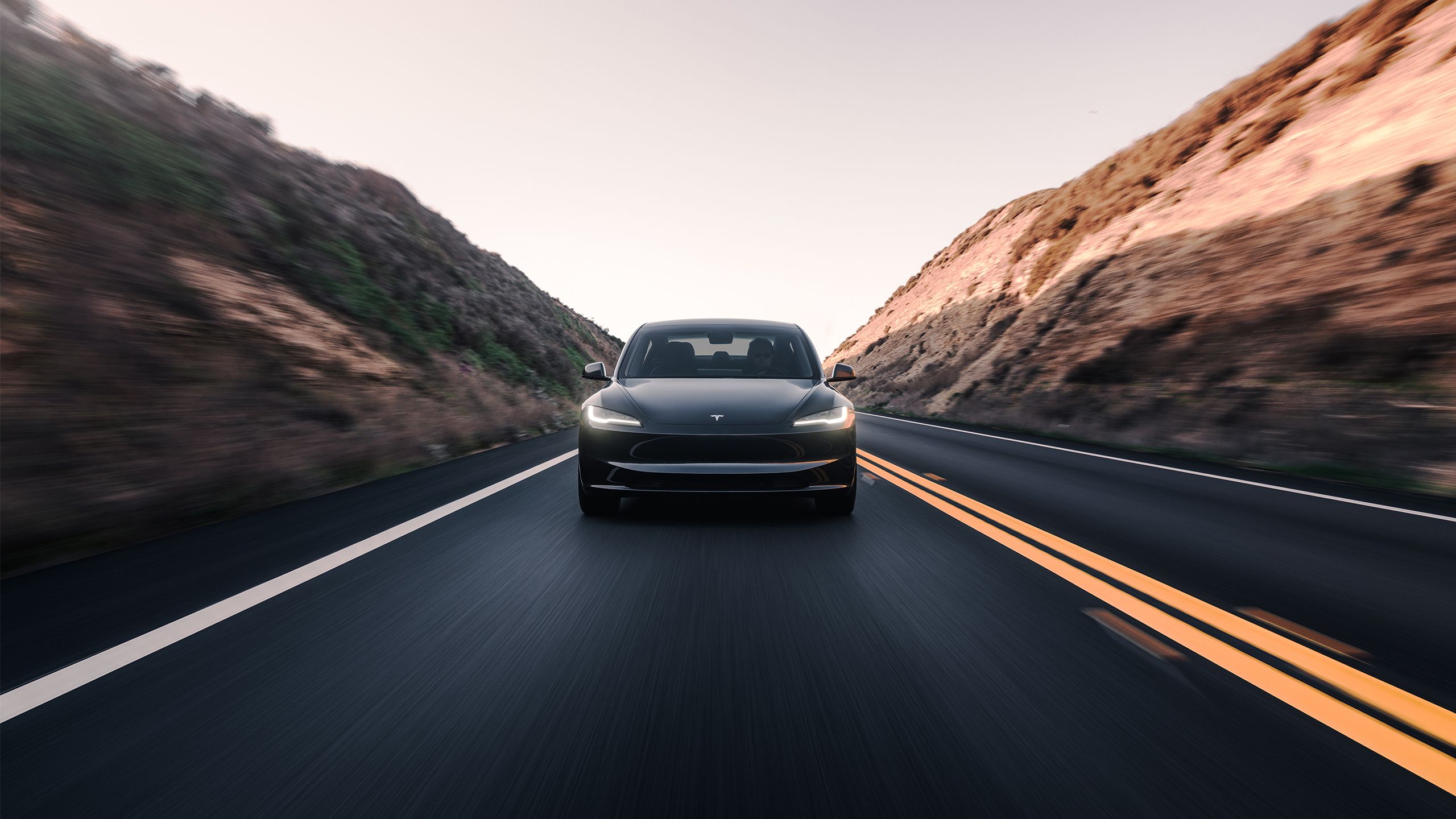Key Takeaways
- Elon Musk envisions a future where Robotaxis will replace car ownership.
- Tesla’s plan for autonomous driving and Robotaxis dates back to 2006.
- The success of Tesla’s Robotaxi project is crucial for the company’s future and shareholder confidence.
Tesla will unveil its Robotaxi on Aug. 8, and we’ll finally get answers to all of our burning questions. Will the company unveil a new car platform? Is this possibly the same platform as the long-rumored Model 2 or Project Redwood? Will previous Tesla models in the S3XY lineup be able to function as Robotaxis with their existing hardware?
What is going on with Tesla right now?
Layoffs, project cancellations, Cybertruck recall and a bad fiscal quarter. Tesla once looked invincible, now it looks merely mortal.
There are so many questions we are hoping for answers to, but in the meantime, let’s take a look at what we know so far about Tesla’s Robotaxi project, where we started with all this, and what it means for the future of Tesla.
“When Robotaxis are operational, car ownership will be as outdated as owning a horse”
Tesla has been thinking about this for a while
Tesla CEO Elon Musk has long promised that fully autonomous driving would be a game-changer, and that it would become a reality sooner rather than later. During a fundraising call in April 2019, Musk said, “Tesla will have over a million Robotaxis on the road next year. No other company is close.”
While Musk is known for his lofty and often severely delayed promises, Tesla somewhat consistently delivers at least a version of these visions, so it remains to be seen if the Robotaxi will follow suit.
He painted a vision of Tesla’s cars generating passive income for their owners, saying in 2019, “You could be at home asleep and your car could be out making money for you.” The idea here was that all Tesla models would be equipped with cameras and computing hardware capable of managing full autonomy, even if the software had not yet matured enough.

Tesla’s $25,000 Model 2 crossover: What we know
Despite recent reports, Elon Musk insists that Project Redwood, Tesla’s effort to build its most affordable EV yet, is still on track.
While Musk is known for his lofty and often severely delayed promises, Tesla somewhat consistently delivers at least a version of these visions, so it remains to be seen if the Robotaxi will follow suit. Fast-forward five years from those statements, and we may be getting our first glimpse of this future he spoke of so highly.
All part of the plan
Part two
Elon Musk wrote the original “Master Plan” for Tesla back in 2006, outlining how the company would design an electric sports car, then spend the following decade developing electric vehicles that became more affordable with each generation. This is exactly what Tesla did, releasing the Tesla Roadster in 2008, the Model S in 2012, and the Model 3 in 2017.
A convincing unveiling of a thought through, and at least partially complete, if not launch-ready, Robotaxi product is crucial for Tesla at a time when the company seems to beset with setbacks, and shareholders grow skeptical of the company’s near-term future.
In 2016, Musk wrote and released the “Master Plan, Part Deux,” in which he discussed autonomous driving in Tesla vehicles and what that might eventually look like. “When true self-driving is approved by regulators, it will mean that you will be able to summon your Tesla from pretty much anywhere. Once it picks you up, you will be able to sleep, read, or do anything else en route to your destination,” he wrote at the time. Tesla shared a rendering of what their ride-hailing app might look like as a part of their investor deck for their Q1 2024 earnings report.
Tesla shared this ride-hailing app prototype, while noting it was “Demonstrative only. Actual look and features subject to change.”
Part of the plan was also to introduce the concept of Tesla vehicles operating in an autonomous fleet to generate taxi-like income. In describing what this might look like, Musk wrote, “You will also be able to add your car to the Tesla shared fleet just by tapping a button on the Tesla phone app and have it generate income for you while you’re at work or on vacation, significantly offsetting and at times potentially exceeding the monthly loan or lease cost.”
As you can see this has been a plan Musk has been cooking up for quite some time, but its implementation, cost, capability, and crucially, regulator approval, all remain to be seen.
Will Full Self Driving (FSD) finally be realized?
Tesla’s future depends on it
After years of promises, Tesla’s FSD Beta finally launched to a select set of drivers in 2020. Since then, the “Full Self Driving” software package has been through a number of iterations, each one improving slightly on the last in the hopes of finally cracking autonomous driving. It is this software that will presumably run the Robotaxis of the future, whether in existing Tesla vehicles, or on a new platform made exclusively for the Robotaxi fleet.
In a bid to increase consumer education around FSD, Tesla now requires all test-drives for new Tesla models to include a rundown and test of the FSD system, which can now be added to any vehicle for a $99/month subscription. If Robotaxi functionality truly ever comes to existing vehicles, what might the profit share structure be? Will an FSD subscription be required to use your car as a Robotaxi? We’ll hopefully get the answers to all these questions and more on Aug. 8th.
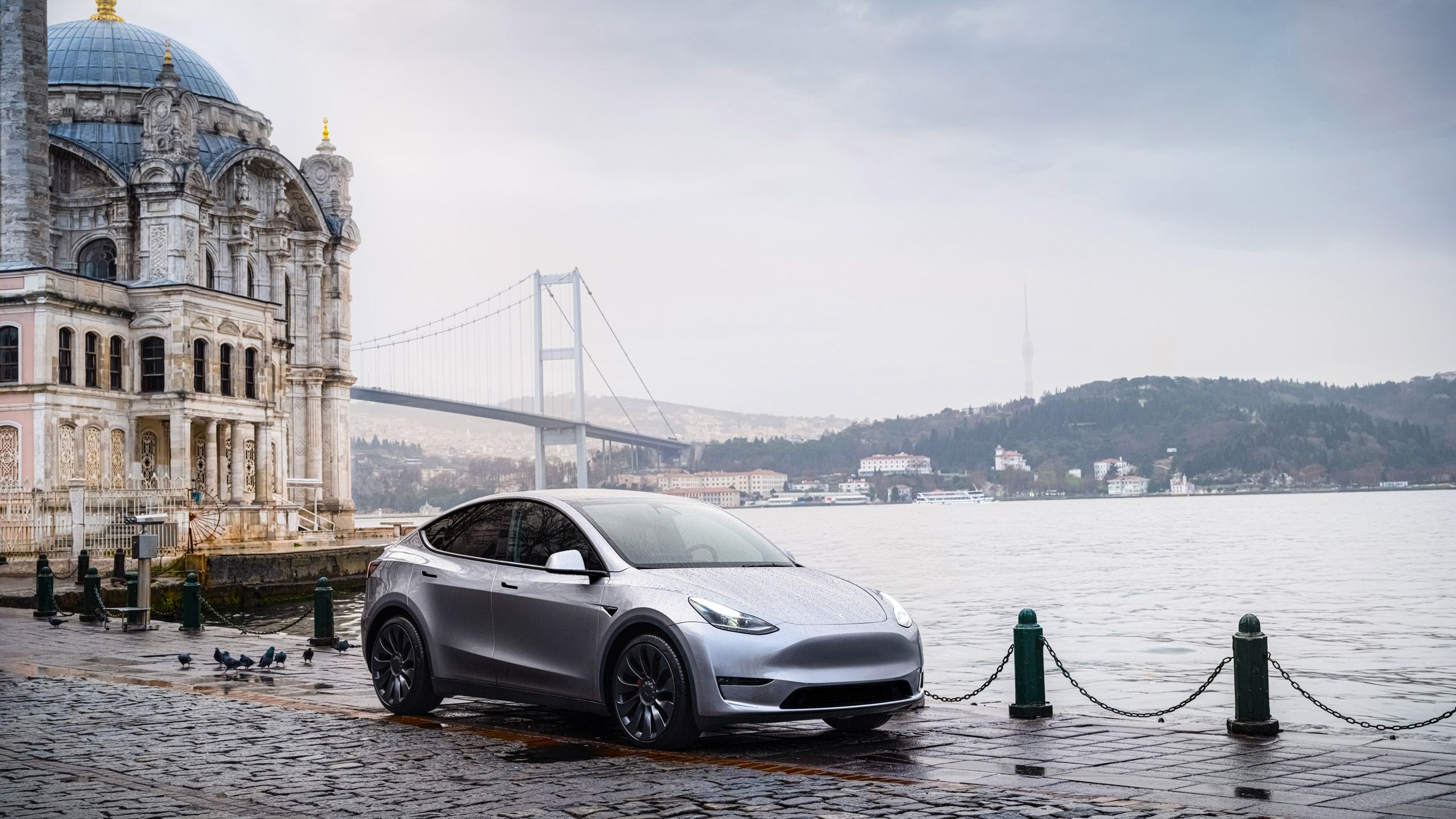 The Robotaxis role in the future of Tesla
The Robotaxis role in the future of Tesla
Everyone will be watching
For the valuation of Tesla as a company to ever truly make sense, enormous strides in autonomy and innovation that have been promised for years must absolutely take place. Shareholders expect that Tesla will eventually launch a fully capable, street safe, level 5 self-driving vehicle, an insanely high goal by any metric.
A convincing unveiling of a thought through, and at least partially complete, if not launch-ready, Robotaxi product is crucial for Tesla at a time when the company seems to beset with setbacks, and shareholders grow skeptical of the company’s near-term future. We’ll be listening with an open mind on 8/8 to what the unveiling has in store.
Trending Products

Cooler Master MasterBox Q300L Micro-ATX Tower with Magnetic Design Dust Filter, Transparent Acrylic Side Panel…

ASUS TUF Gaming GT301 ZAKU II Edition ATX mid-Tower Compact case with Tempered Glass Side Panel, Honeycomb Front Panel…

ASUS TUF Gaming GT501 Mid-Tower Computer Case for up to EATX Motherboards with USB 3.0 Front Panel Cases GT501/GRY/WITH…

be quiet! Pure Base 500DX Black, Mid Tower ATX case, ARGB, 3 pre-installed Pure Wings 2, BGW37, tempered glass window

ASUS ROG Strix Helios GX601 White Edition RGB Mid-Tower Computer Case for ATX/EATX Motherboards with tempered glass…


